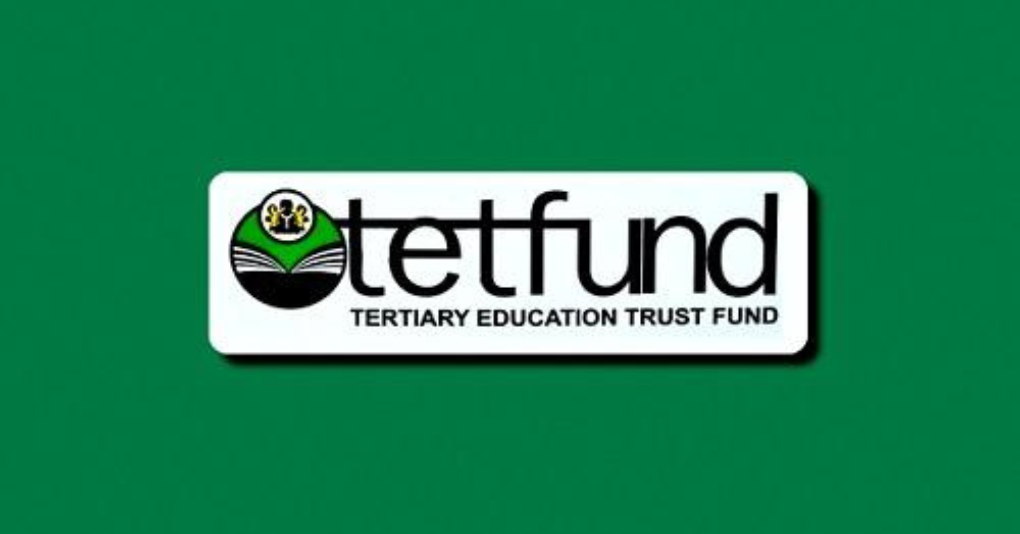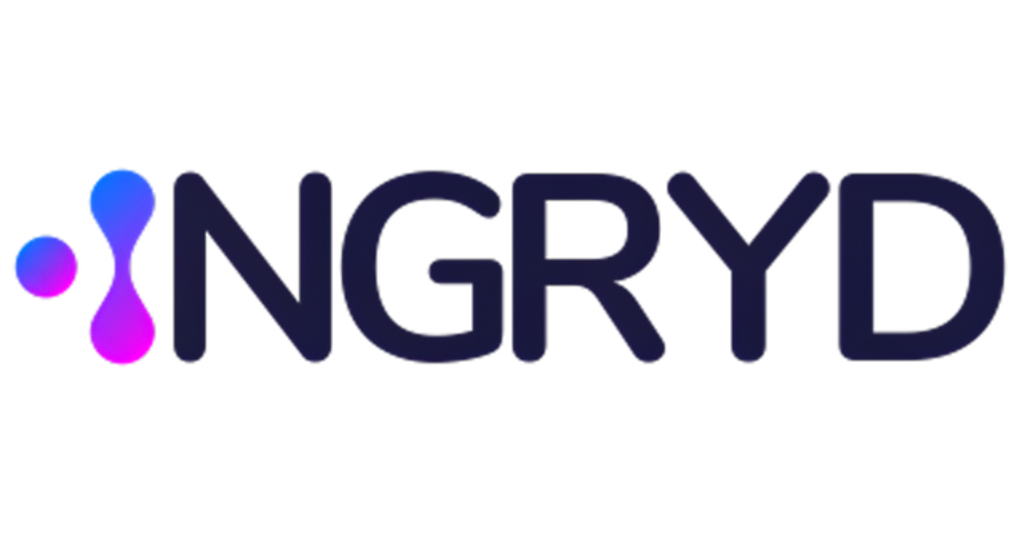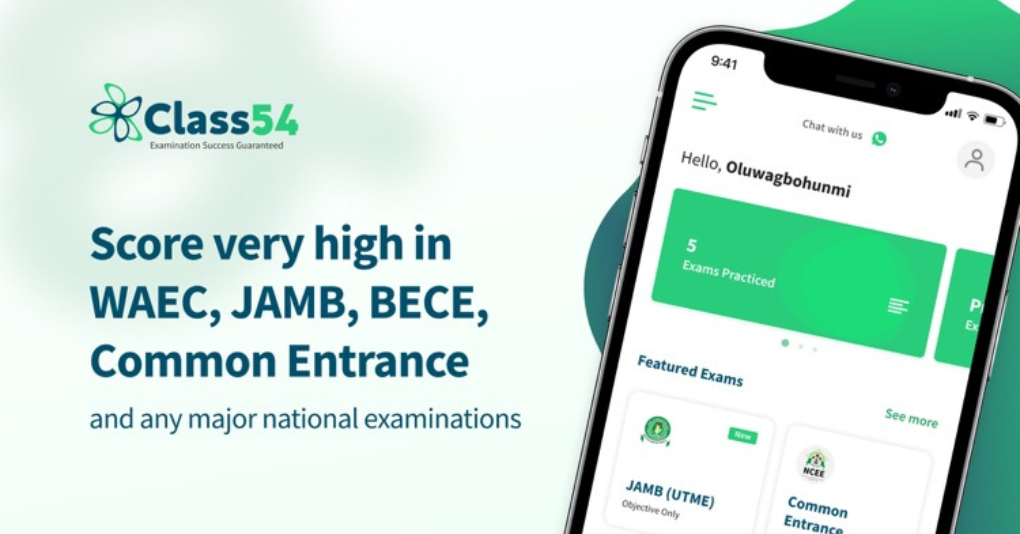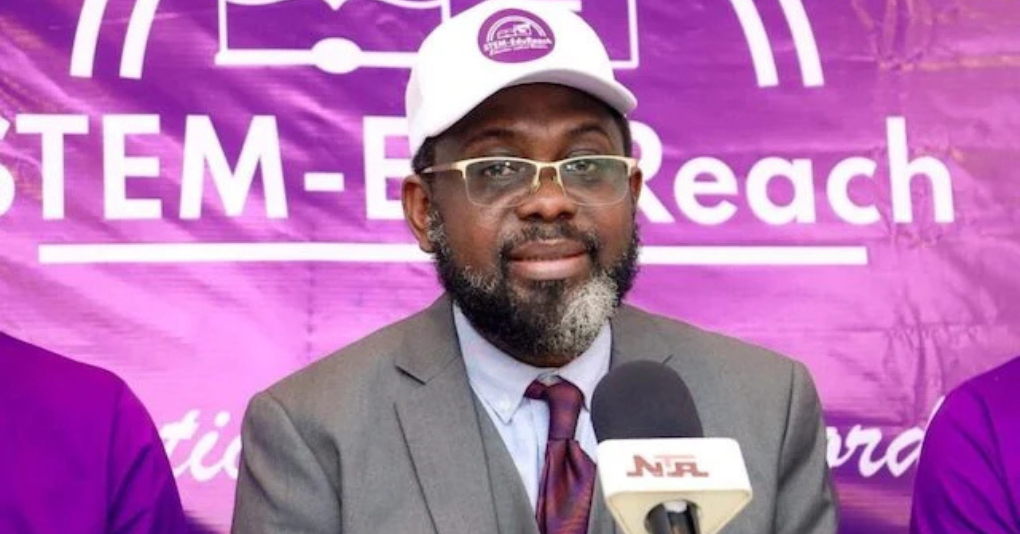The Tertiary Education Trust Fund has introduced an e-learning model in Tertiary Institutions, the TETFund Education Resource and Administration System, (TERAS) which is meant to equip ivory towers with tools to streamline administration, improve accountability and monitor projects effectively.
Chairman, TETFund Board of Trustees, Rt. Hon. Aminu Bello Masari, gave this indication at the Lagos edition of the 2025 National Town Hall Meeting held at the Radisson Blu Hotel.
He said it is aimed at strengthening Nigeria’s tertiary institutions for a digital and knowledge-driven future.
According to Masari, TETFund is poised to modernising administrative processes, enhancing learning, and supporting innovation across universities, polytechnics, and colleges of education.
He said he believes that the future of education is digital, noting that “these investments promote transparency, enhance operational efficiency, and expand digital literacy across campuses, critical for preparing students for the modern knowledge economy”.
While speaking on TETFund’s mandate, he stressed that the Fund’s work extends beyond landmark infrastructure projects to a holistic transformation of academic standards, research capacity, and institutional resilience.
“TETFund is not just about erecting physical structures. It is about building globally competitive institutions driven by innovation, knowledge, and human capital,” he said.
Masari noted significant progress in academic staff development, with thousands of lecturers benefitting from TETFund-sponsored Master’s and PhD programmes locally and abroad, including support for conferences, manuscript development, teaching practice, and professional certification.
On research and innovation, he listed major initiatives strengthened by the Fund: including the TETFund Alliance for Innovative Research, TETFAIR, which has produced over 200 prototypes now moving towards commercialisation.
He noted that in a bold move to address chronic energy deficits in tertiary institutions, N70 billion has been earmarked in the 2025 budget for the deployment of sustainable mini-grid solutions on selected campuses.
Also speaking, the Executive Secretary of the Fund, Arc Sonny Echono, stressed that knowledge and skills now determine competitiveness, surpassing natural resources.
Echono called for greater investment in education to unlock this potential.
On his part, a Jean Monnet Professor of Strategy and Development at the Commonwealth Institute for Advanced and Professional Studies, Anthony Kila, called for TETFund’s transformation from an infrastructure-driven intervention body into a strategic engine for knowledge, innovation, and national competitiveness.
Speaking on “Tertiary Education in Nigeria and the Relevance of TETFund,” Kila said Nigeria’s higher education system, though not collapsed, has suffered “heat, cracks and shocks” that now present an opportunity for reconstruction and reform.
He identified four deep-rooted challenges: chronic underfunding, extremely low research productivity, weak infrastructure, and the disconnect between learning and national development, as factors undermining the sector.
Kila acknowledged TETFund’s critical interventions in building lecture theatres, equipping laboratories, supporting research, and training lecturers, noting that many campuses owe their most modern facilities to the Fund. However, he stressed that historical achievements alone cannot guarantee future relevance.
According to him, the tertiary education system of the future must produce problem-solvers, innovators, globally competent professionals, rigorous researchers, and critical citizens capable of informed engagement.
To achieve this, he argued, TETFund must widen its mandate to aggressively drive research commercialisation, champion national research missions, enforce accountability for funded projects, deepen private-sector collaboration, and reconsider its exclusion of private universities.
While speaking on public value and visibility, Dr. Reuben Abati of Arise TV, urged TETFund to adopt a more transparent, strategic, and responsive approach to maximize the impact of its interventions.
Share this post





Be the first to comment on this post